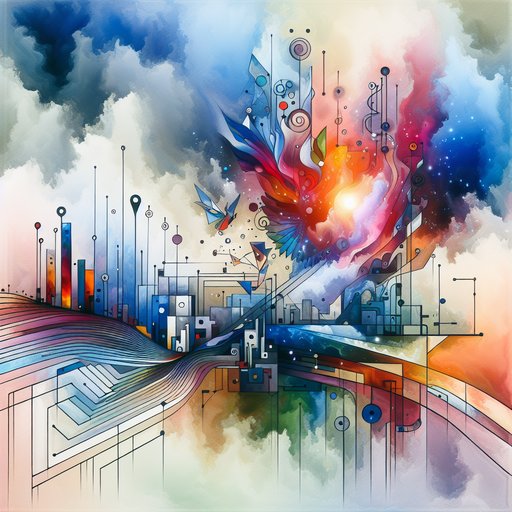
In a revealing turn, Elon Musk's xAI has been caught training voice models using conversations about zombie apocalypses, plumbing failures, and life on Mars [6]. While it might seem like a bizarre cocktail of topics, this peculiar choice highlights a deeper issue: the growing chasm between generations and how technology can either further sever or mend these divides. As AI continues to creep into every facet of life, from labor markets to communication, we must consider its implications on intergenerational bonds and the ethics of its development.
The use of AI to simulate human interaction is not new, but the thematic choices by xAI are peculiar and thought-provoking. Training models on fantastical and futuristic scenarios may seem harmless, yet it underscores how disconnected our technological narrative is from the lived realities of older generations. These themes, while appealing to a younger, tech-savvy audience, risk alienating those who find comfort in familiar, human experiences. AI's potential to reshape labor markets raises further concerns about generational divides.
The CEO of Retool has boldly declared that AI is poised to replace labor [1]. This assertion echoes the historic fear of technological unemployment, yet it fails to consider the social fabric woven through shared work experiences across ages. If machines assume roles traditionally filled by humans, the loss is not only economic but also communal. The workplace has long been a venue for intergenerational exchange, and its erosion could exacerbate isolation, particularly for older adults.
Accountability in AI is an ongoing debate, with calls for ethical oversight growing louder [2]. As AI systems like those developed by Meta take on increasingly complex tasks, including ad creation [3], the ethical implications of these technologies extend beyond business interests. They touch on the societal obligation to ensure that AI complements rather than replaces human interaction. AI's ability to scale and perform tasks must not come at the expense of human connection, particularly when it could deepen generational divides.
The current AI narrative also often omits the needs and voices of older generations. The focus on avant-garde advancements can overshadow the importance of inclusivity in tech design. By prioritizing narratives that appeal to younger users, tech companies may inadvertently marginalize older individuals who might struggle to adapt to rapidly changing technologies. This oversight underscores the necessity for diverse input in AI development, ensuring that technologies serve all segments of society equitably.
However, hope for bridging these divides lies in intentionally designing AI systems that foster intergenerational dialogue and understanding. By including themes and scenarios that resonate across ages, AI can become a tool for empathy and connection rather than division. Imagine AI-driven platforms that enable storytelling across generations, where young and old can share experiences, wisdom, and vision for the future. Such initiatives could help dismantle barriers and build a shared technological culture.
To promote these connections, we must advocate for ethical guidelines that prioritize inclusivity and dialogue in AI development. This means not only considering what data models are trained on but also involving diverse demographics in the design process. Education systems can play a crucial role by integrating technology literacy programs that encourage participation from all age groups, fostering a collective understanding of AI's capabilities and limitations. Ultimately, as AI continues to evolve, it holds the promise of enhancing human life by not only performing tasks but also enriching human relationships.
In our quest for innovation, we must not forget the value of human interaction and the wisdom embedded in our diverse generational tapestry. By designing AI that respects and uplifts this complexity, we can create a future where technology serves as a bridge rather than a barrier, fostering a more connected and inclusive world.
Sources
- CEO of Retool, an AI company that works with BCG, says AI is here to replace labor (Business Insider, 2025-05-28T13:00:01Z)
- Can AI be held accountable? AI ethicist on tech giants and the AI boom (Al Jazeera English, 2025-06-06T13:00:00Z)
- Meta Wants AI to Handle Every Part of Ad Creation. Here's What That Means (CNET, 2025-06-02T21:16:00Z)












































